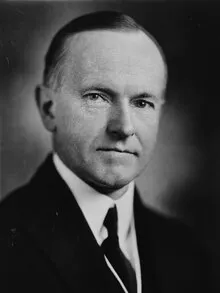8G History Lesson 120 Assignment
This week’s assignment was to write a short article on an entrepreneur that had not been discussed in class. I will be writing about Sam Walton.
Life and Career
Sam Walton was born on March 29, 1918. His family moved a lot, and Sam did chores to make ends meet. They settled in Columbia, Missouri where his parents bought a farm. Walton attended college, receiving a degree in economics and then served in the military from 1942 to 1945.
While in the army, he realized that he wanted to go into business and retail. He bought his first small store in 1945. He started buying up Ben Franklin stores, which are basically like a modern-day Dollar General. By 1962, he owned 16 stores.
Walton started the first Wal-Mart in 1962. It was a type of discount store, and it was located in Rogers, Arkansas. He expanded the Wal-Mart (later renamed Walmart) chain, and added new outlets. It became a one-stop shop type of store, carrying many different kinds of goods.
Walton married Helen Robson, and they had 4 kids. Walton was also a Sunday school teacher in his local church.
At the time of Walton’s death in 1992, there were almost 2,000 Walmart stores across the nation. Sam Walton’s children are among the wealthiest people in the world today.
Sam Walton is remembered as an exemplary businessman, and his mark on America will never be forgotten.

